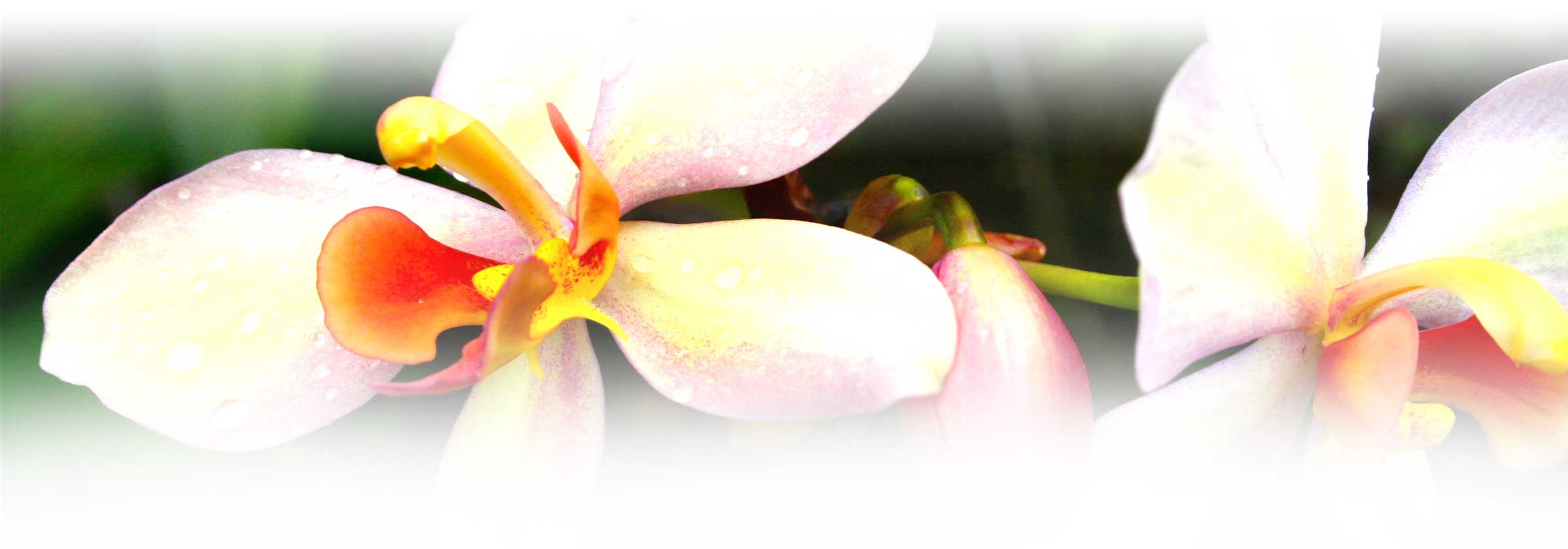
Vanuatu is a country with great diversity. Tropical Islands with white sand coral beaches and geography, ranging from accessible volcanoes to pristine underwater environments.
Republic of Vanuatu
Port Vila (on the Island of Efate)
12,189km2 (4,706 sq miles)
234,023 (2009 National Statistic)
GMT/UTC +11 hours. There is no daylight saving in Summer.
There are over 120 distinct languages and many more dialects in Vanuatu but only 3 official languages: English, French and Bislama (pidgin English)
Christian 84%, Other 16%
Vatu (VUV)
Foreign cash, travellers cheques and credit cards all widely accepted in Port Vila
Cooler, drier season May – October. Average daytime temperature 26 degrees Celsius. Wetter, hotter season November – April average daytime temperature 29 degrees Celsius. Sea temperature varies from between 22 – 28 degrees making swimming enjoyable year round.
Citizens from most common visiting countries do not require a visa before visiting Vanuatu. Just double check before travelling. However, you must have a valid, ongoing or return airline ticket and your passport must be valid for six months beyond your intended stay.
Visitors do not need vaccinations, but anti-malarial medication is recommended if you are travelling to islands outside of Efate. There are several private doctors and hospitals in Port Vila. There are no dangerous animals and urban water is safe to drink.
In accordance with Vanuatu customs, neither tipping nor bargaining are practised in Vanuatu.
230v 50 HzHz
Three pin (flat) electric plug
International direct dialling code for Vanuatu is +678
There is GSM mobile phone coverage of the islands and local “pay as you go” SIM cards are available from the local network providers – TVL (Telecom Vanuatu Limited) and Digicel.
Internet access is available with many wireless hotspots around the islands
The economy is based primarily on subsistence or small-scale agriculture, which provides a living for 65% of the population. Fishing, offshore financial services and tourism are the other mainstays of the economy. Tax revenues come mainly from import duties and a 12.5% Value Added Tax (VAT) on goods and services.
Most of the inhabitants of Vanuatu (98.5%) are native Melanesian, or Ni-Vanuatu, with the remainder of the population made up on Europeans, Asians and other Pacific Islanders. Most of the population is rural, although Port Vila and Luganville on the Island of Espiritu Santo have populations in the tens of thousands.